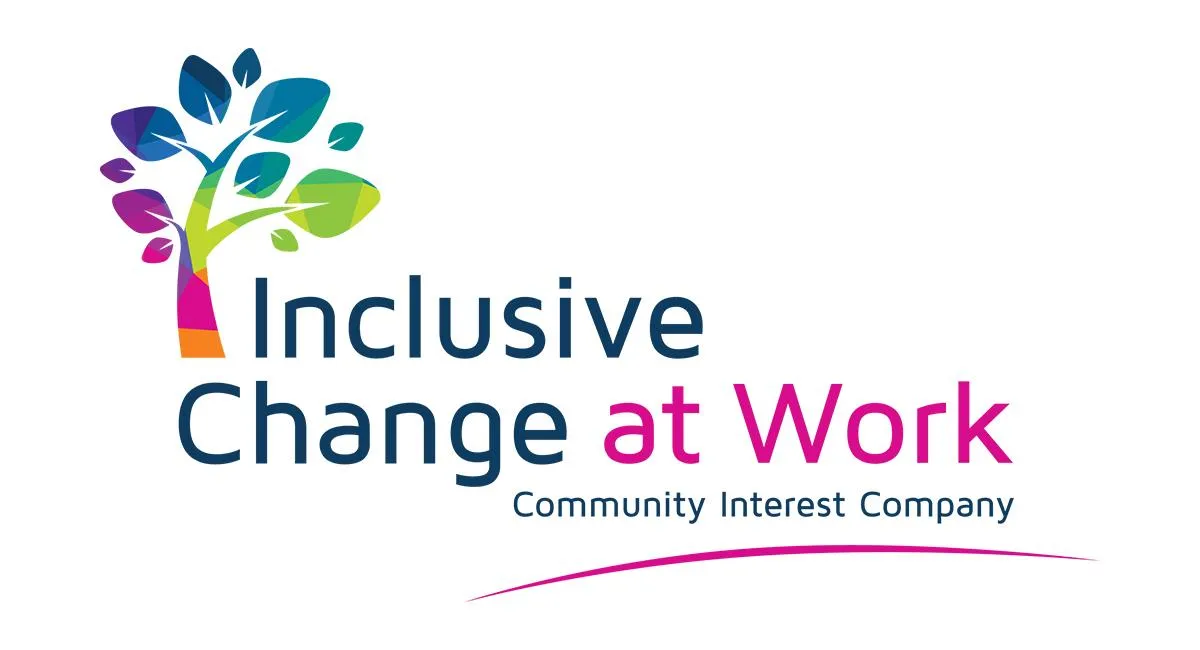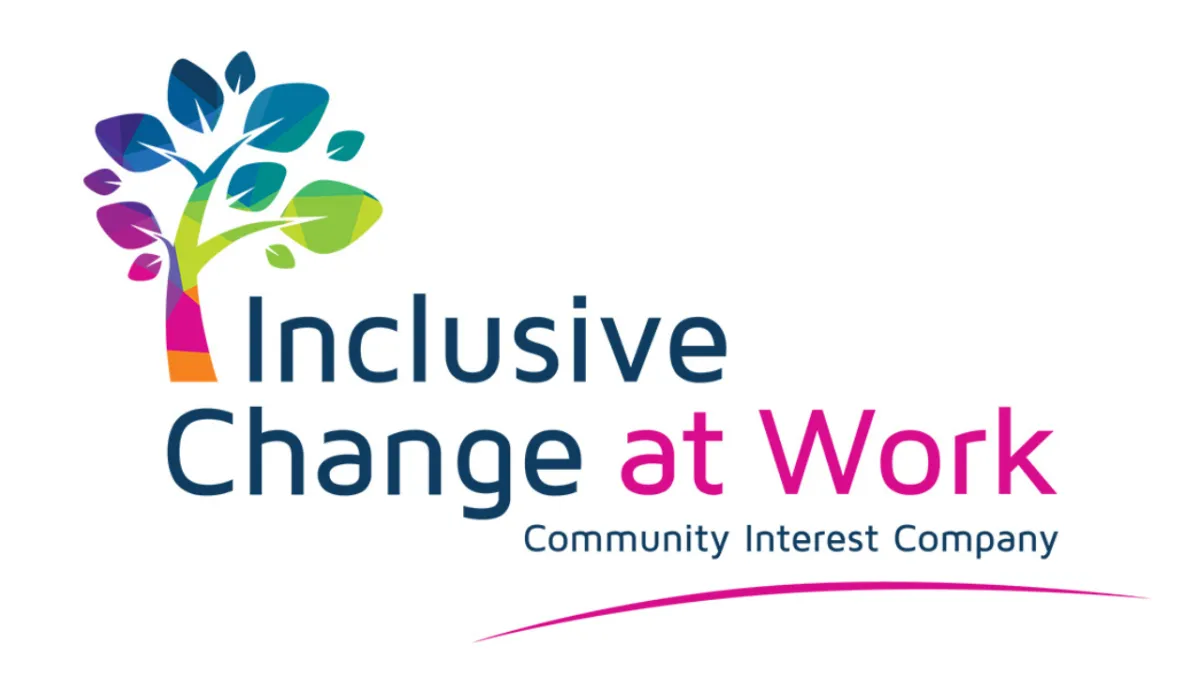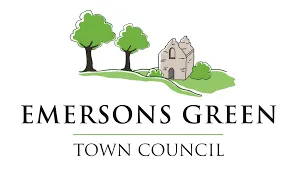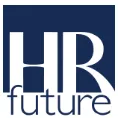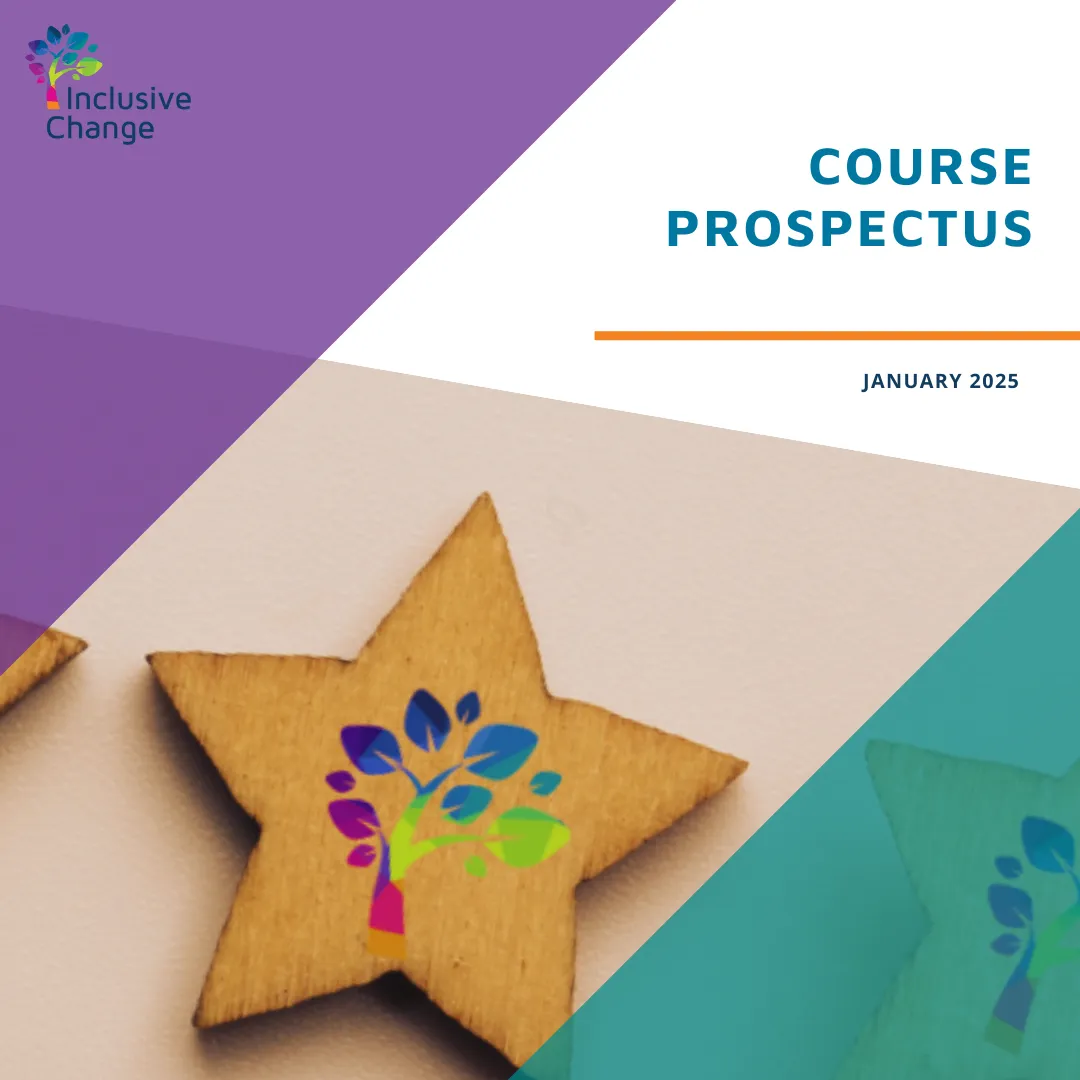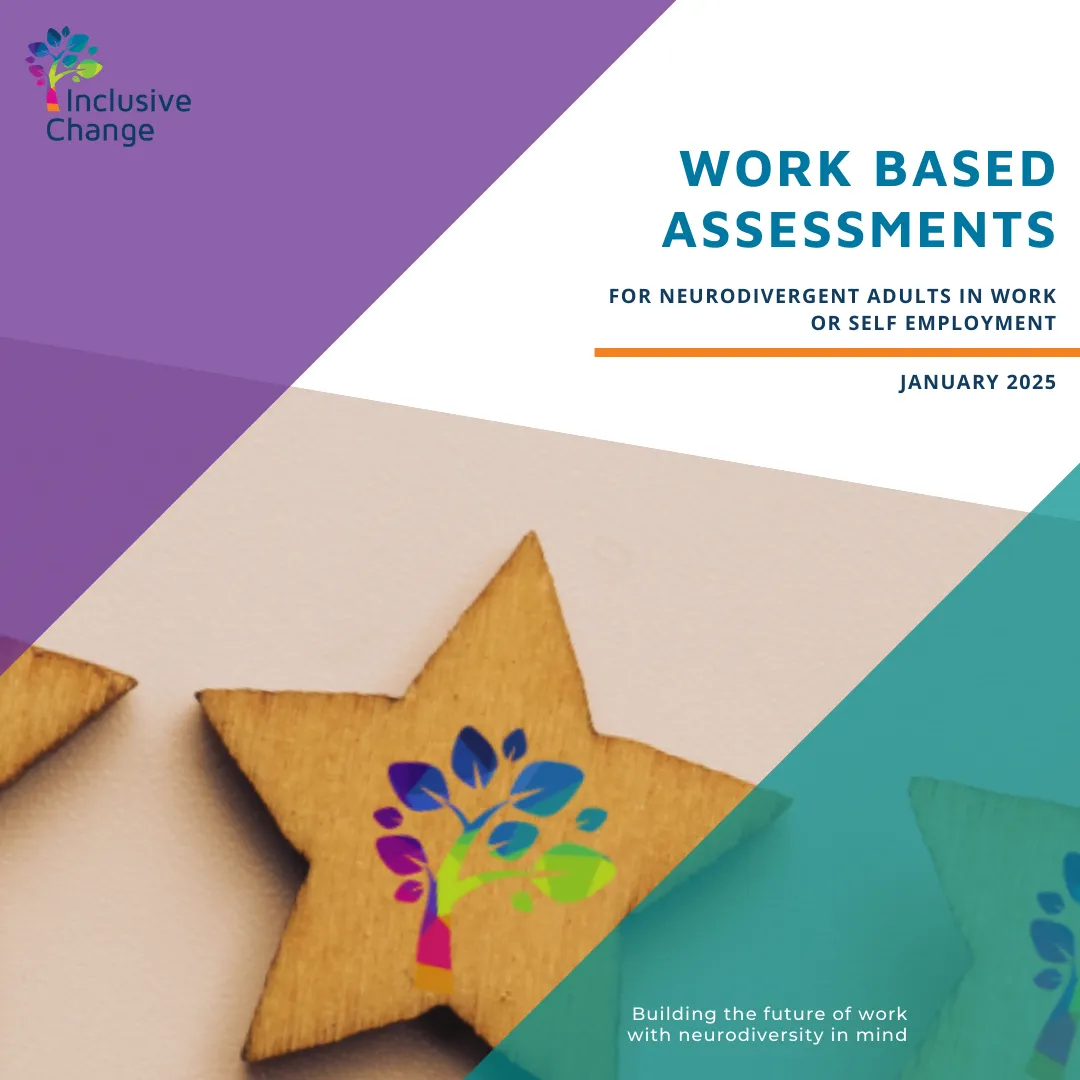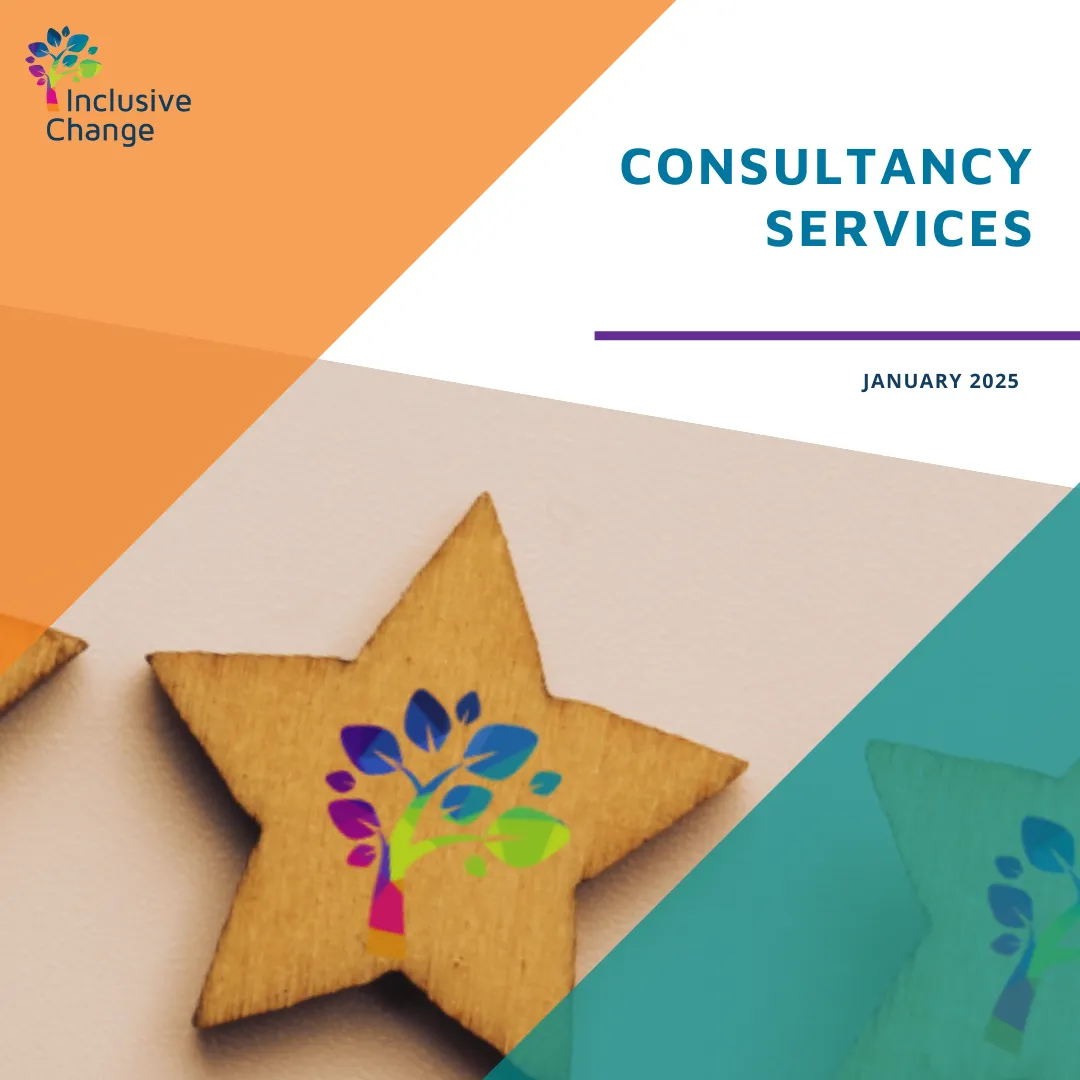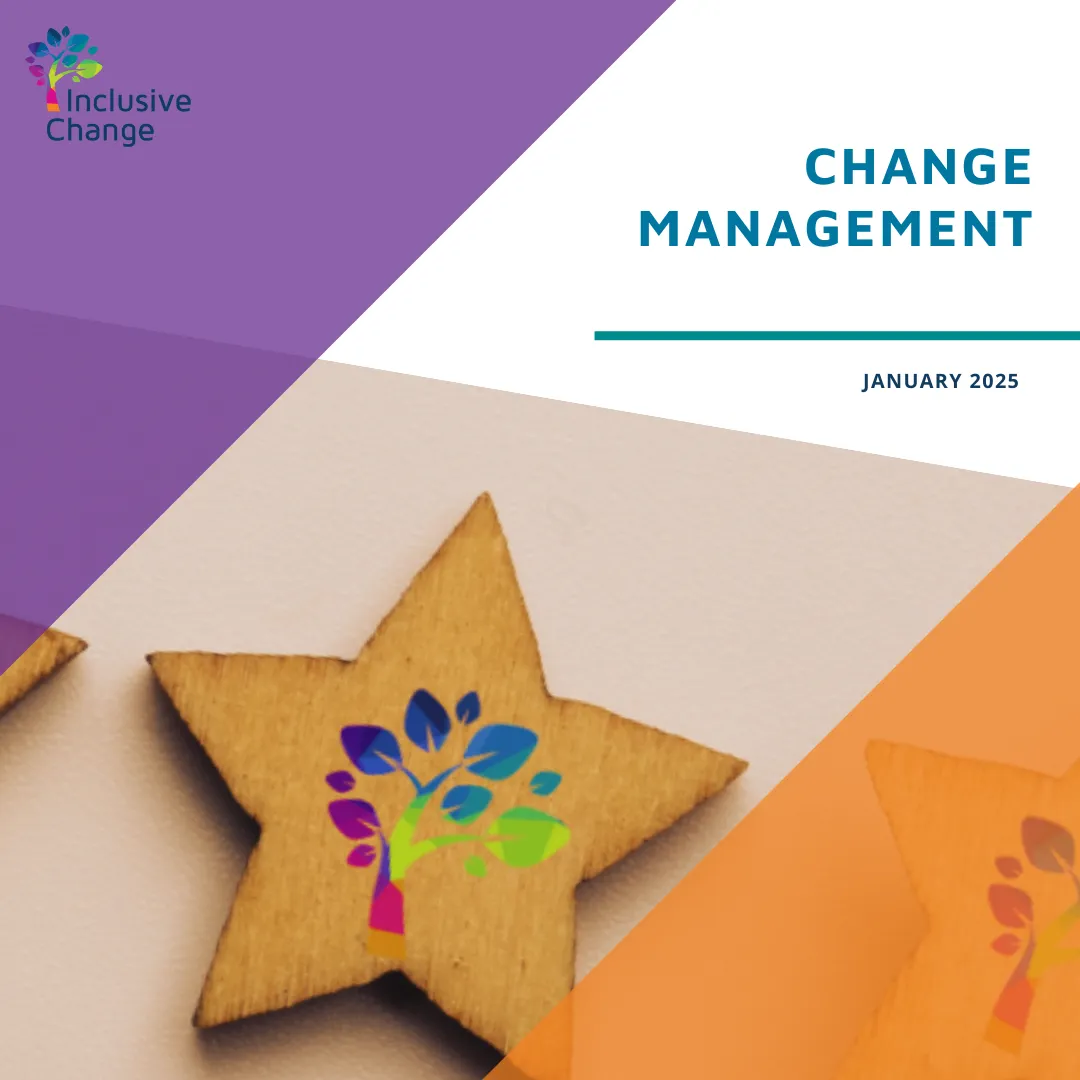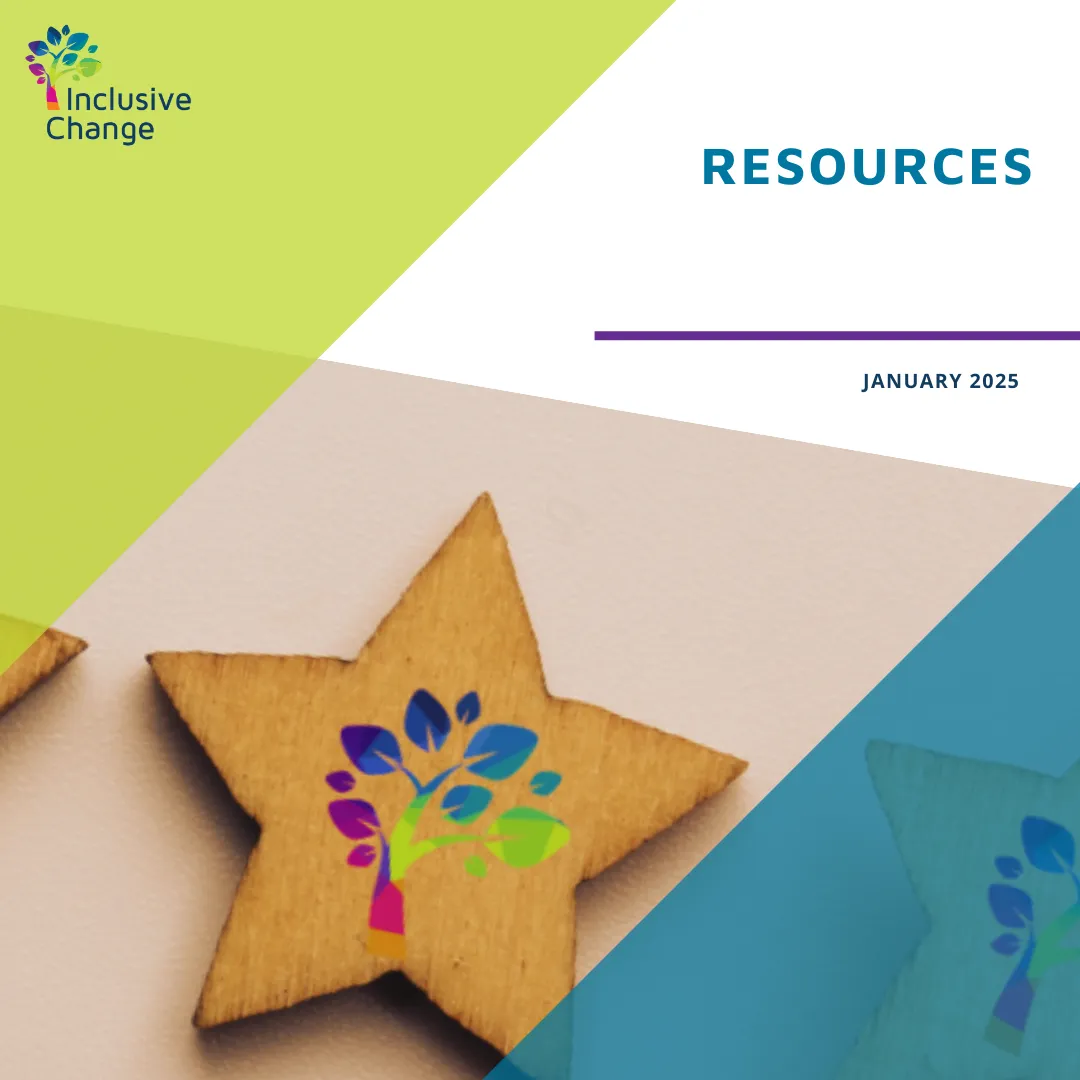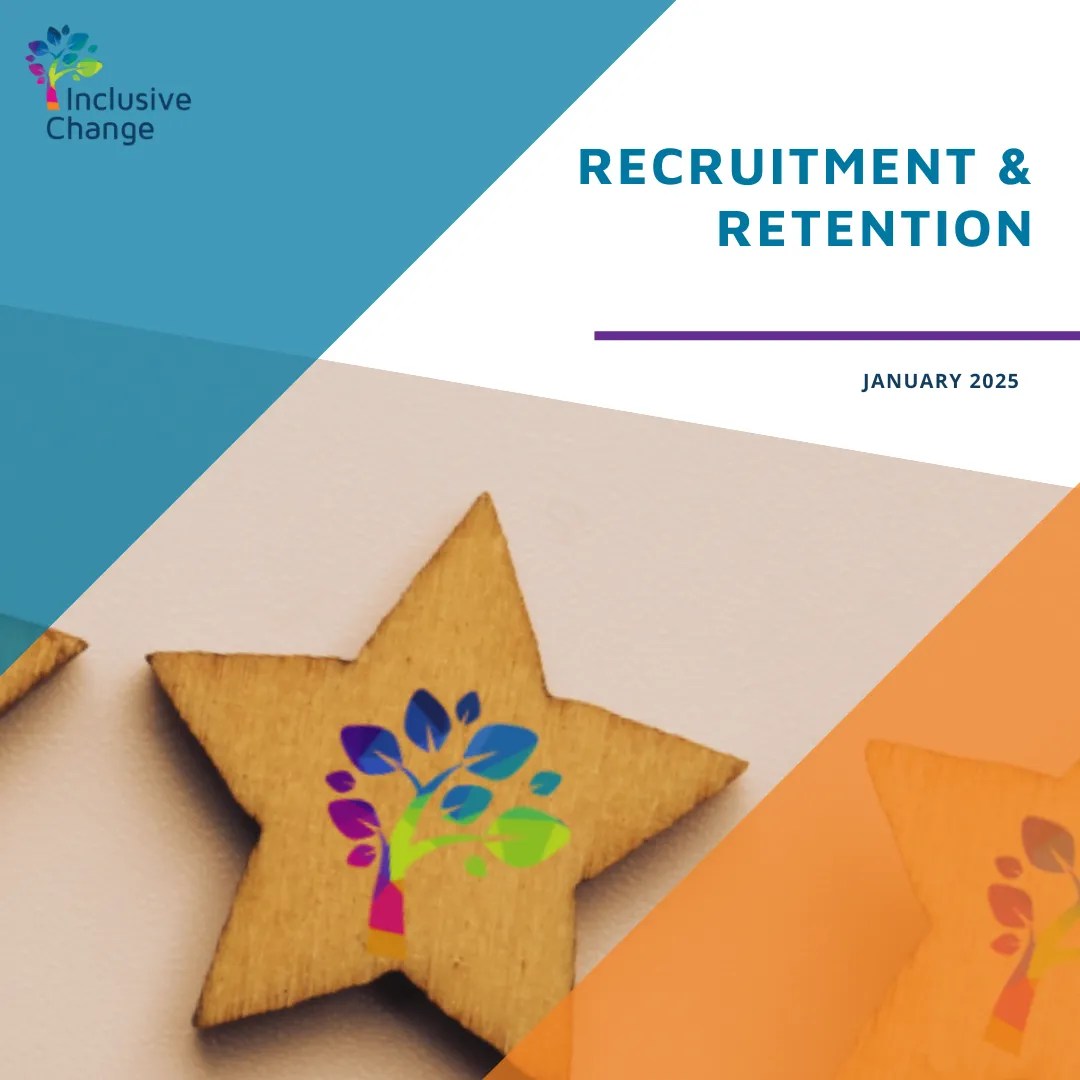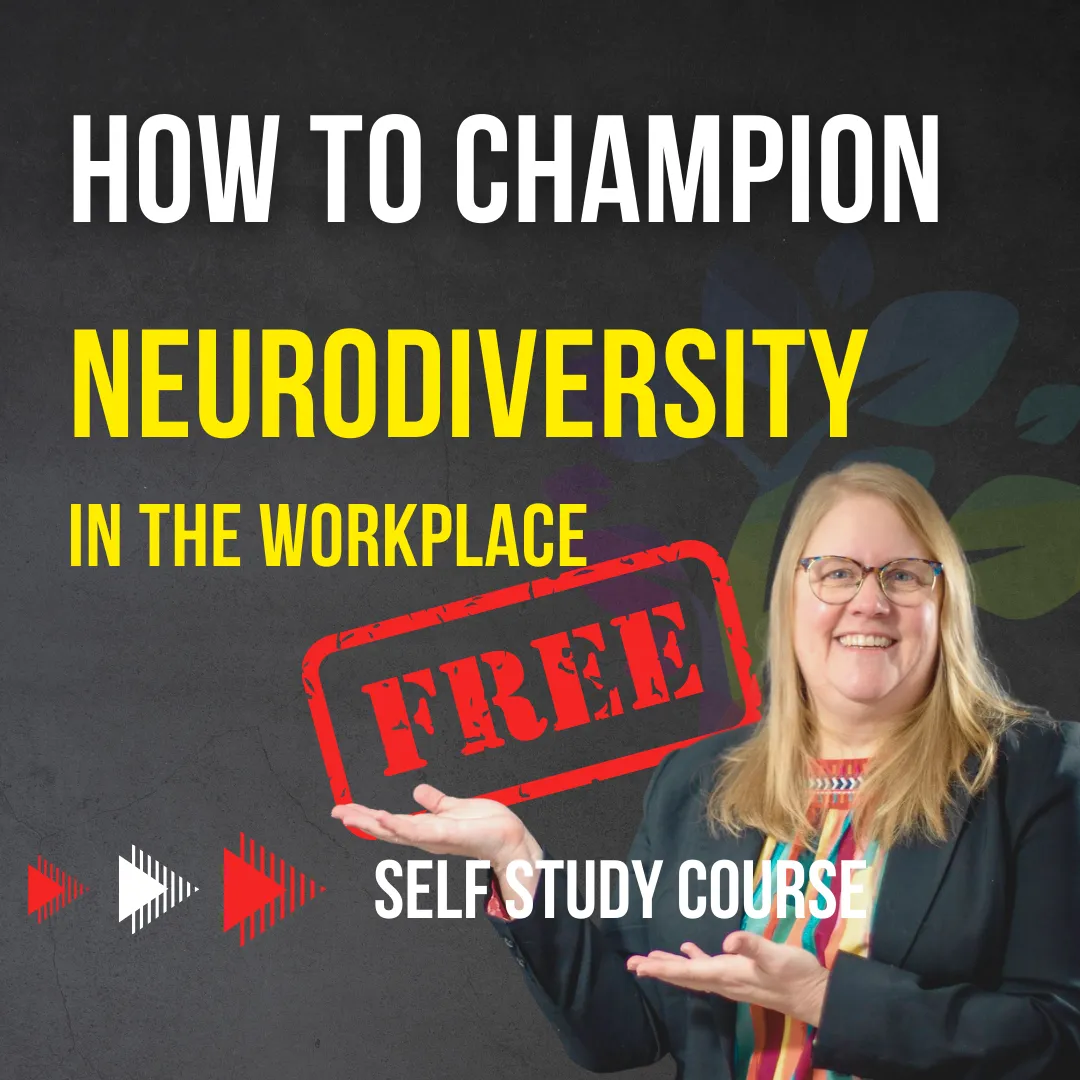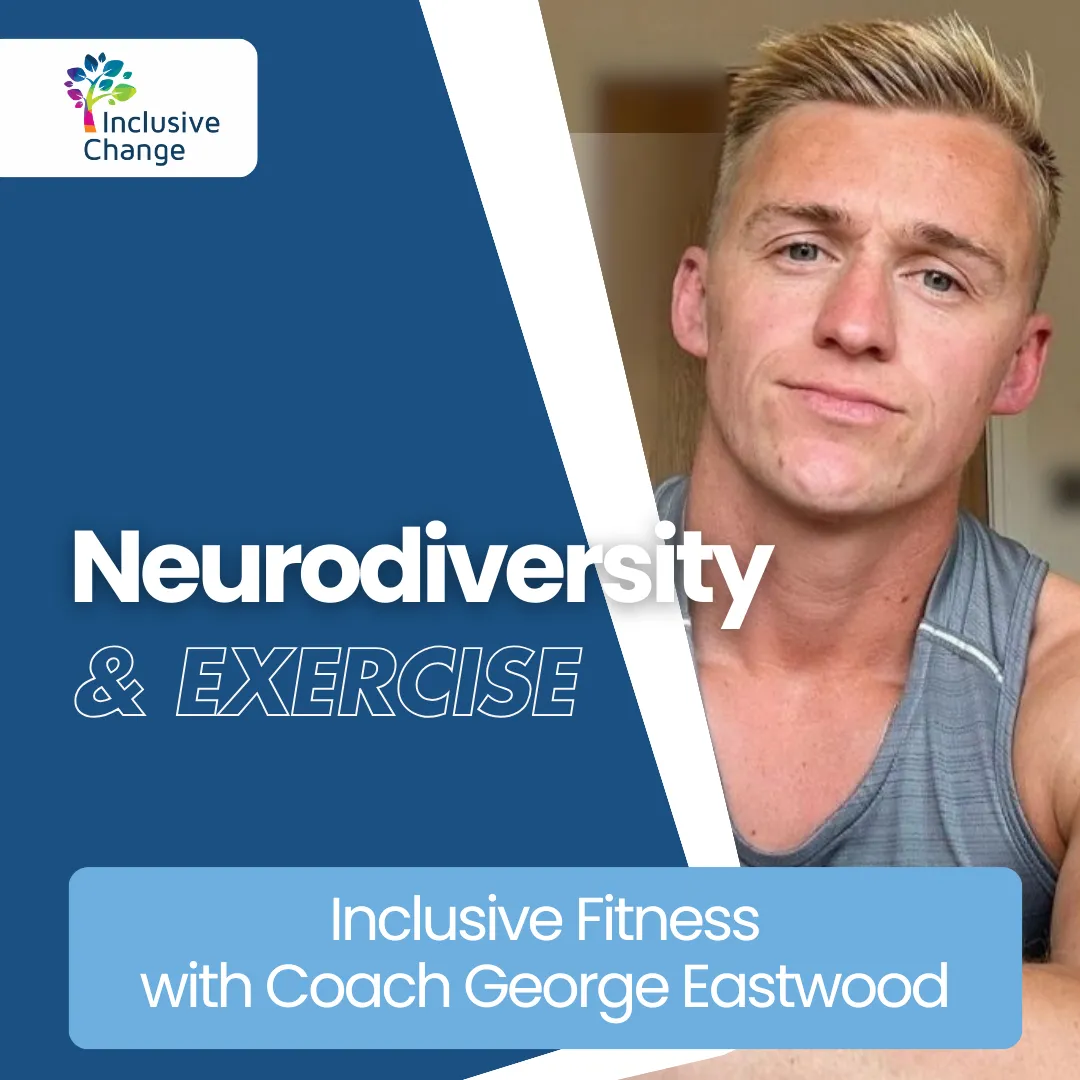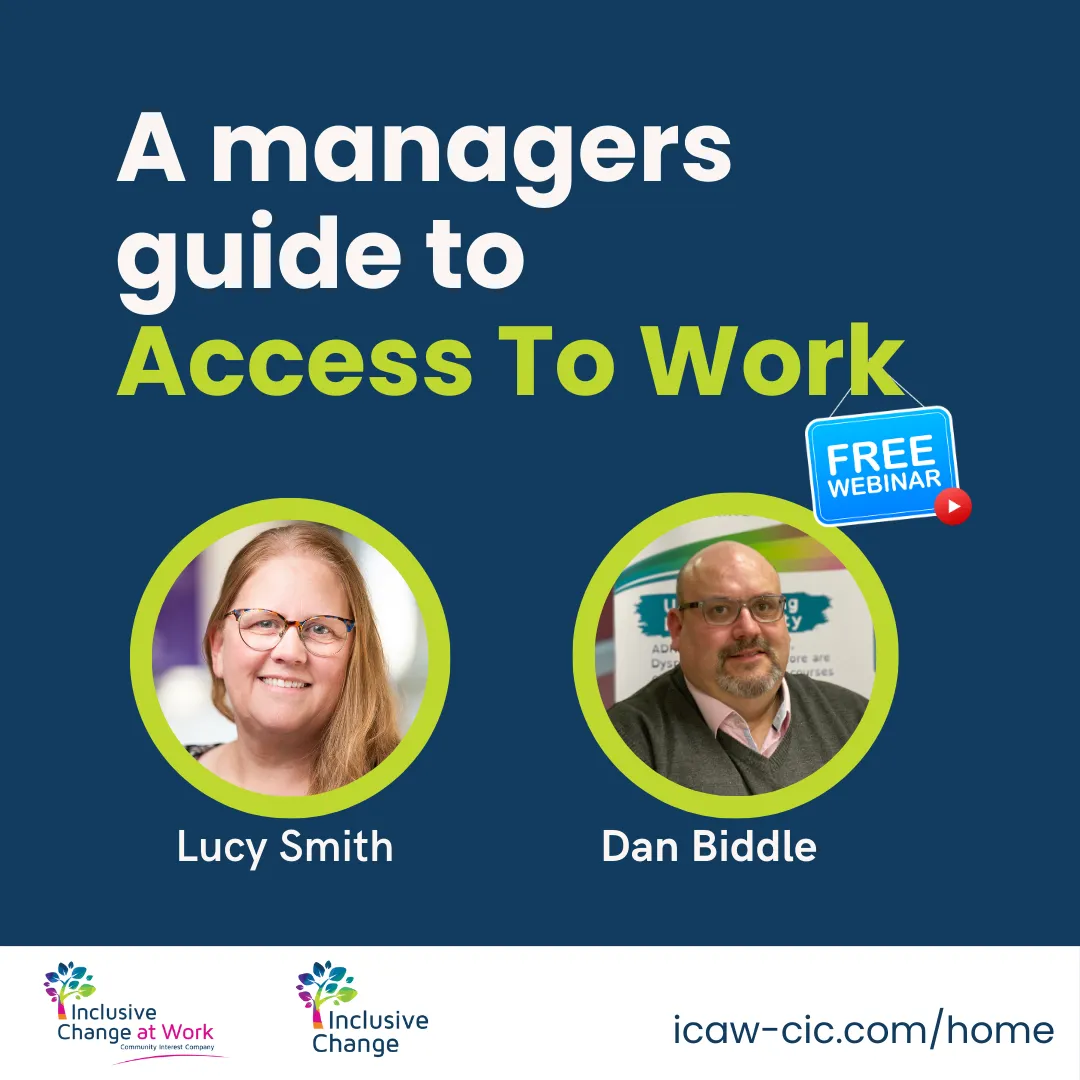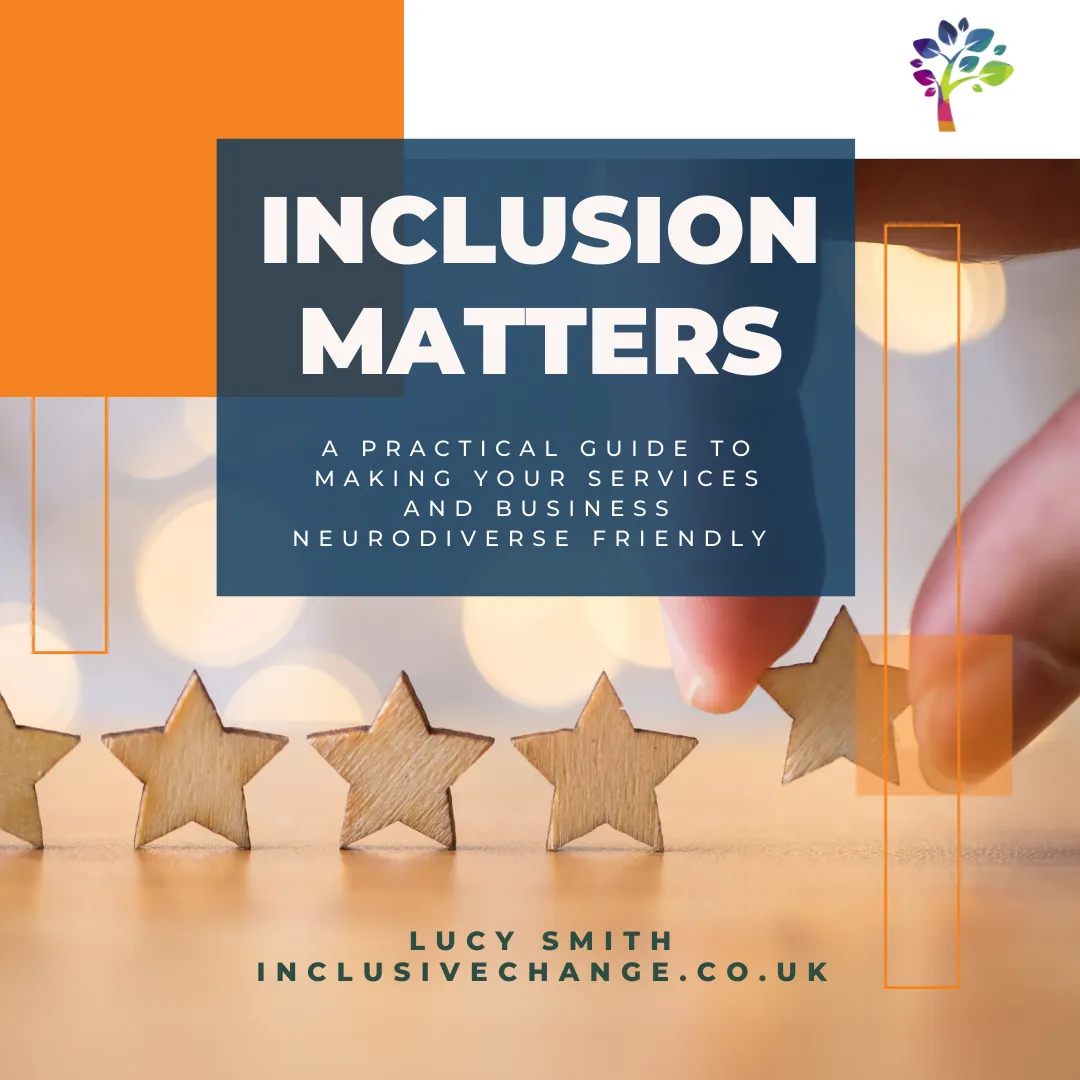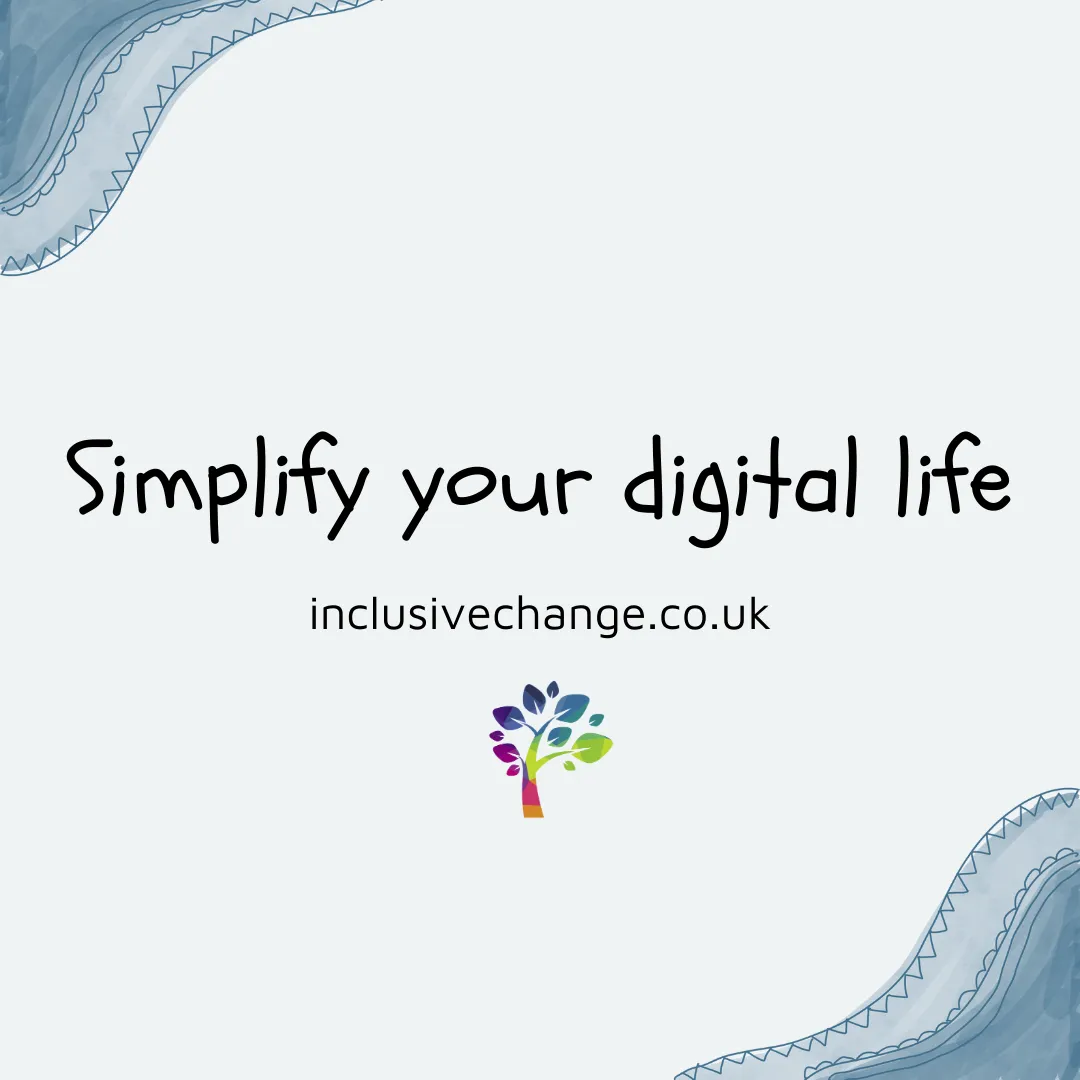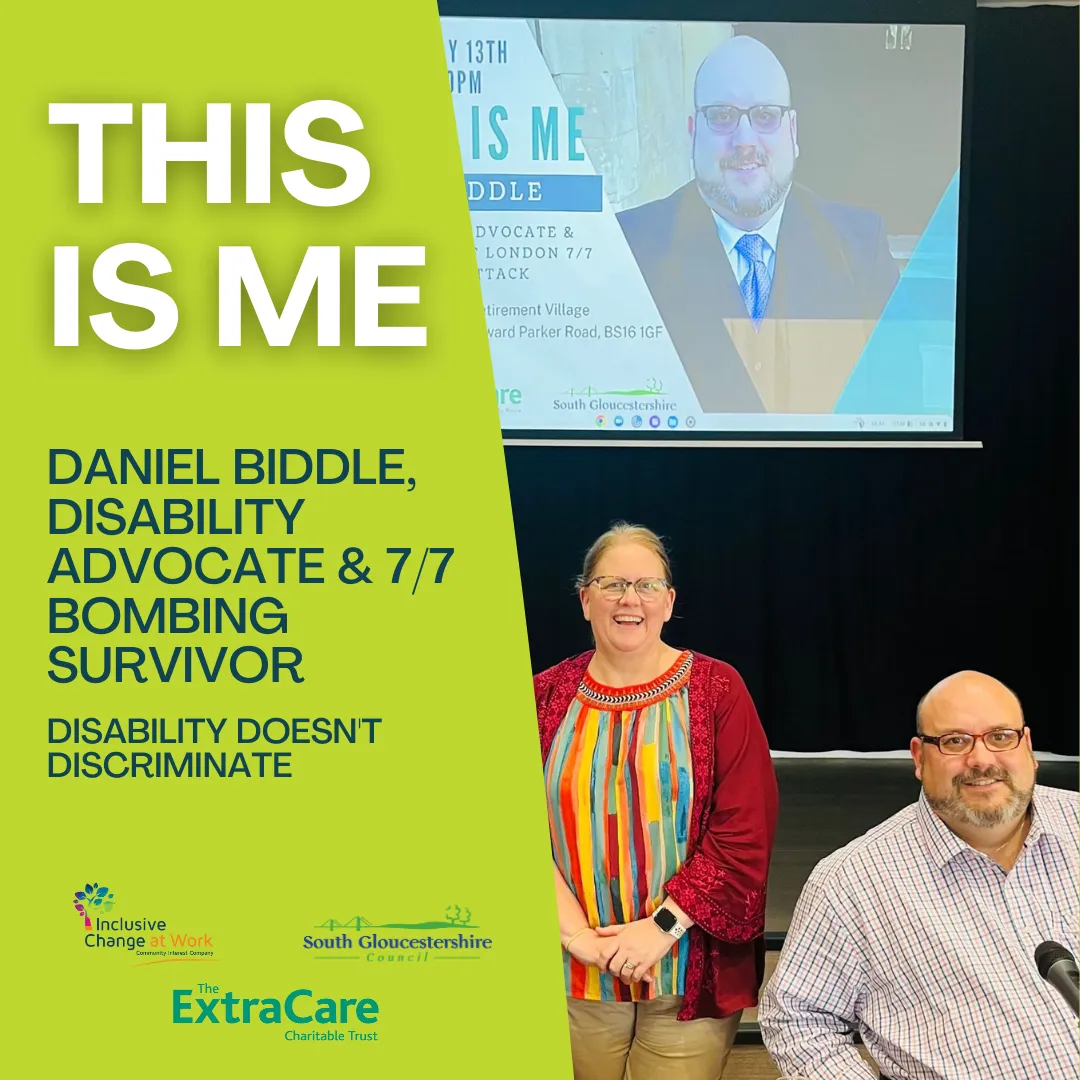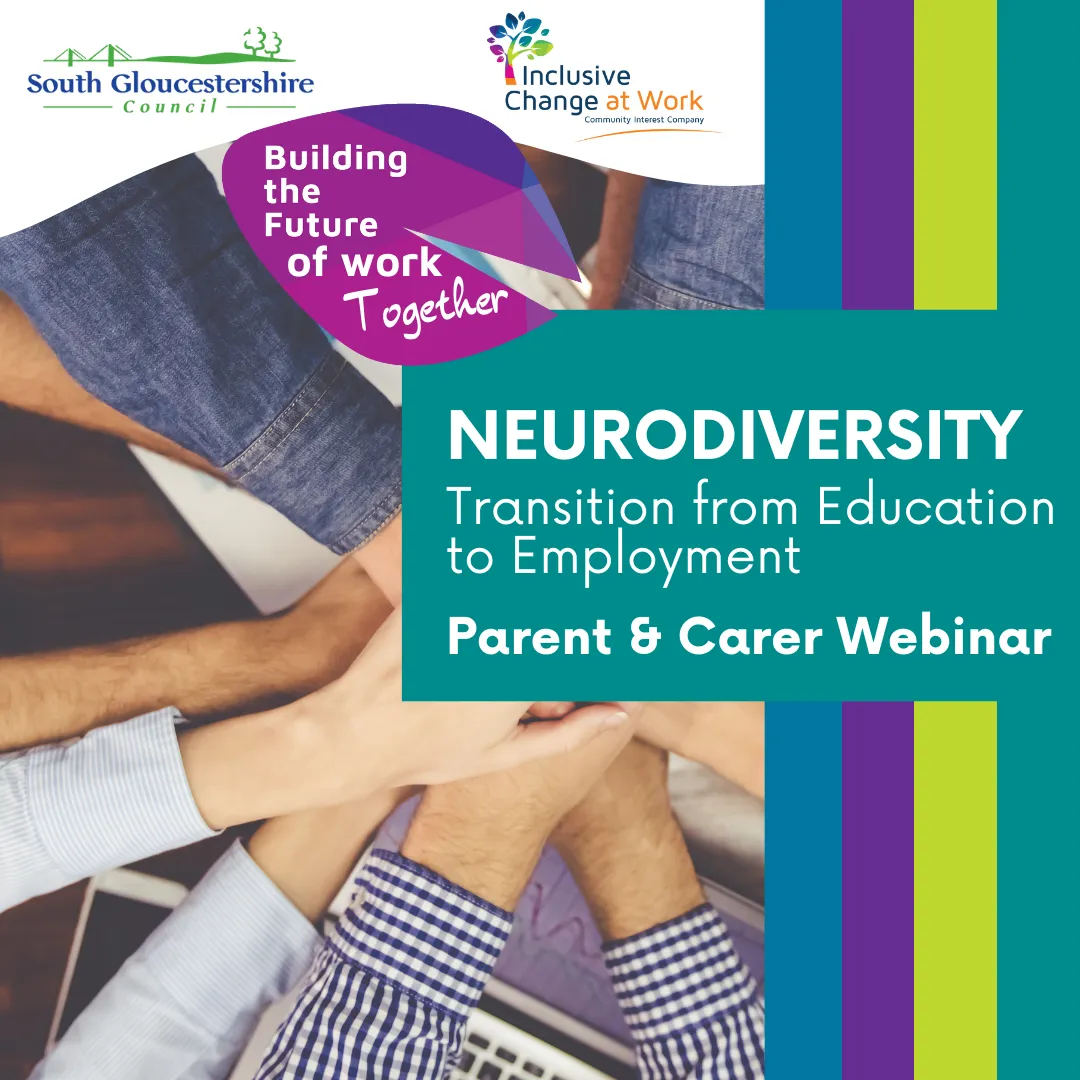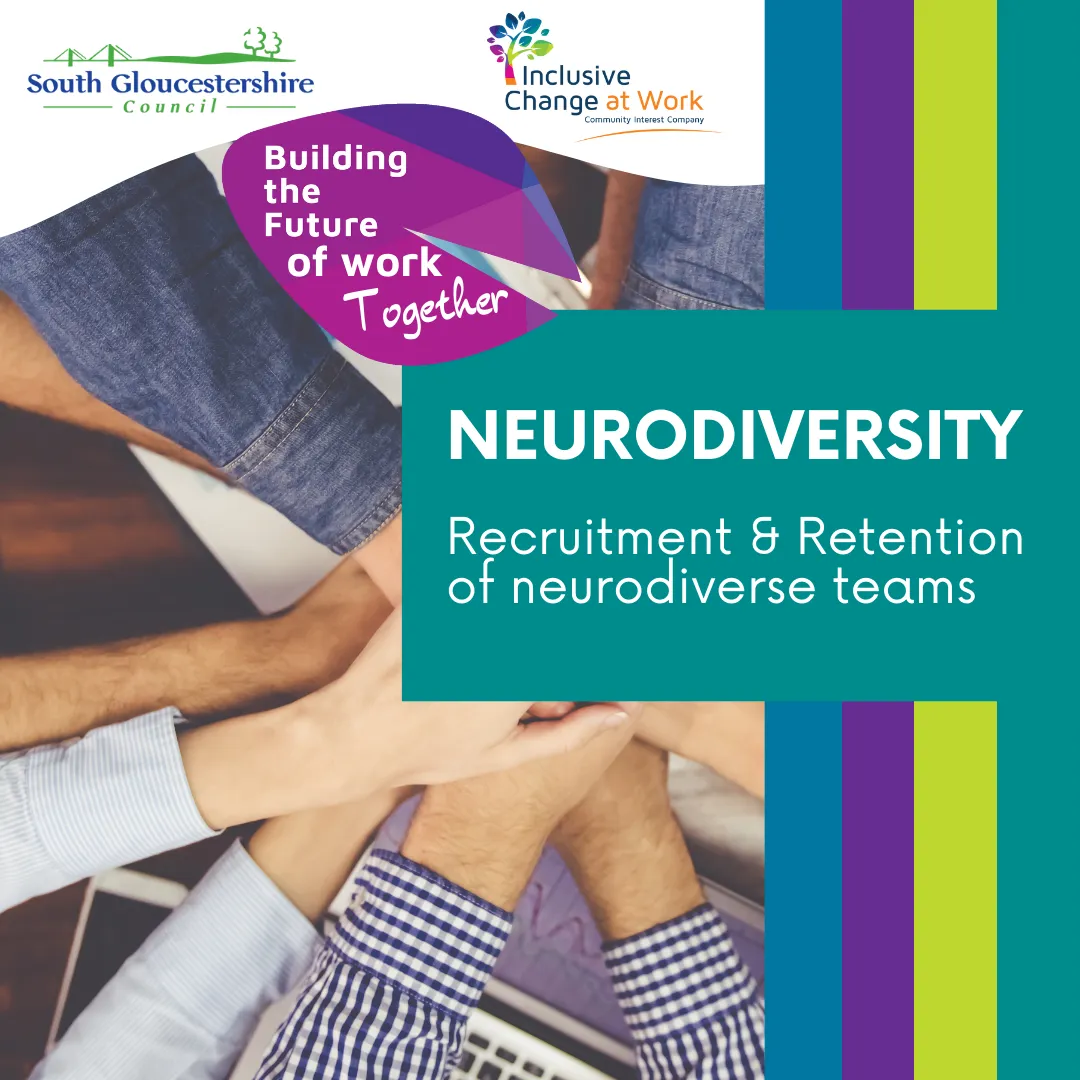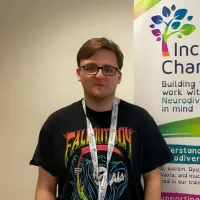Inclusive Change at Work
In the community
We want to thank you for attending our workshops in Emersons Green Village Hall, made possible with funding from Emersons Green Town Council. It has been wonderful to meet so many people and spark meaningful conversations about Inclusion.
We offer a variety of ways to collaborate and support your journey. Be sure to join our mailing list to stay informed about our latest projects, exclusive offers, and exciting initiatives.
To help you take your next steps, we’ve curated this page with valuable resources, insights, and new projects, designed to inspire and empower your conversations about neurodiversity. Dive in, explore, and Keep the Conversation Going!
A Recap of the Slides & Discussions
Let's Talk About Neurodiversity: Building an Inclusive Community Together
Date: 16th January 2025
Speaker: Lucy Smith
Key Takeaways From The Evening
Neurodiversity is Common but Overlooked – 1 in 7 people in the UK are neurodivergent, yet many face barriers in employment and inclusion.
Workplace Challenges Persist – Long assessment wait times, lack of disclosure (76%), and limited employer focus (49%) highlight the need for change.
Inclusive Workplaces Matter – Reasonable adjustments and open discussions help create supportive environments.
Younger Generations are Driving Change – 53% of Gen Z identify as neurodivergent, making inclusion more important than ever.
Action is Key – Safe spaces, advocacy, and meaningful support systems help neurodiverse communities thrive
Supporting Neurodivergent Families
Date: 30th January 2025
Speakers: Lucy Smith & SGPC
Key Takeaways From The Evening
Inclusive Spaces Foster Support – Creating environments where neurodivergent individuals feel safe and valued is essential for meaningful inclusion.
Resilience is Key – Building resilience through learning, coping strategies, and supportive frameworks helps neurodivergent families navigate challenges.
Workplace and Education Accessibility Matters – Reasonable adjustments in schools and workplaces ensure neurodivergent individuals can succeed without unnecessary barriers.
Open Dialogue Encourages Understanding – Safe spaces for discussion help break stigma, allowing neurodivergent individuals and allies to share experiences and seek support.
Ongoing Support and Resources Make a Difference – Access to helpful resources, events, and advocacy networks empowers neurodivergent communities to thrive.
Building the Future of Work With Neurodiversity in Mind
Date: 6th February 2025
Speakers: Lucy Smith & Andy Jackson
Key Takeaways From The Evening
Neuroinclusion is a Business Advantage – Embracing neurodiversity leads to increased innovation, productivity, and employee retention. Yet, many workplaces unintentionally create barriers for neurodivergent employees.
The Social Model of Disability Matters – Disability is not about the individual but the barriers in their environment. Simple workplace adjustments, like sensory-friendly spaces and flexible communication styles, can unlock neurodivergent talent.
Inclusion is Needed at Every Career Stage – From recruitment to promotion, neurodivergent employees face unique challenges. Clear job descriptions, structured onboarding, and strengths-based performance reviews help ensure fairness.
Recruitment & Progression Need Reform – Traditional hiring methods often exclude neurodivergent talent. Companies should prioritize skills-based hiring, alternative application methods, and clear promotion pathways.
Actionable Steps Make a Difference – Businesses should start by reviewing hiring practices, improving workplace accessibility, investing in mentorship, implementing inclusive policies, and increasing diverse representation
Menopause and Neurodiversity
Date: 20th February 2025
Speakers: Kirsty Brown, Fitness for Life, & Lucy Smith
Key Takeaways From The Evening
Menopause Can Intensify Neurodivergent Traits – Changes in hormones can amplify difficulties with memory, focus, sensory sensitivity, emotional regulation, and fatigue, making daily life more challenging.
Dopamine & Cognitive Support Are Crucial – Activities like exercise, music, creative outlets, and structured routines help maintain dopamine levels, while a diet rich in protein, omega-3s, and key micronutrients supports brain function.
Self-Regulation Strategies Help Manage Symptoms – Sensory tools, mindfulness techniques, and cognitive-behavioral strategies can help counteract brain fog, mood swings, and attention difficulties.
Hormonal & Cognitive Support Can Be Beneficial – Hormone Replacement Therapy (HRT) may help some individuals, while structured routines, planners, and reminders aid in managing cognitive challenges.
Community & Environmental Adjustments Matter – Reducing sensory overload, seeking peer support, and creating neuroinclusive workplace environments can improve well-being and productivity for neurodivergent individuals going through menopauseHere's some stuff
Digital Wellbeing for Young People
Date: 6th March 2025
Speakers: Lucy Smith & Emily Chittell
Key Takeaways From The Evening
The Impact of Digital Overuse – Excessive screen time, especially on social media, can negatively affect mental health, as seen in Owen’s experience of using their smartphone to escape emotions but ultimately worsening their mood.
Balancing Digital Consumption – It's important to be mindful of how digital tools influence our emotions and well-being, avoiding over-reliance on social media for coping.
Creating Digital Boundaries – Simplifying digital life can improve mental health, making space for healthier habits and real-world connections.
Support and Adjustments – Neurodivergent individuals may benefit from reasonable adjustments and access-to-work accommodations to create a more balanced digital experience.
Reasonable Adjustments and Access to Work for Neurodiverse Minds
Date: 20th March 2025
Speakers: Lucy Smith & Support Team
Key Takeaways From The Evening
Legal Obligation for Employers: Under the Equality Act 2010, employers must make reasonable adjustments to ensure that disabled employees are not at a substantial disadvantage in the workplace.
Defining Reasonable Adjustments: Adjustments can include changes to the workplace, working arrangements, task execution, or providing necessary support and equipment.
Disclosure and Employer Responsibility: Employees need to disclose their disabilities for employers to act on their duty to make adjustments. Employers are not obligated to assume or act on ambiguous signs of a disability.
Balancing Adjustments with Job Requirements: Adjustments should create fairness without lowering the essential standards of a role. Selection criteria should be inclusive but still maintain job integrity.
The Business and Cultural Benefits: Implementing reasonable adjustments fosters an inclusive workplace, reduces staff turnover, and leads to broader innovations that benefit all employees

Recommended Groups and Services
Articles & Reports
30% More Productive: The ROI of a neurodiverse workforce - 2023
New data suggests that 15% to 20%
of the population may be neurodivergent – up from estimates of 5% to 10% just five years ago. This shift underscores the critical need for employers to broaden the horizons of their diversity, equity and inclusion (DEI) efforts to encompass neuro-inclusion
Half of neurodivergent employees miss work due to lack of support - March 2024
Half of neurodivergent employees have taken time off work due to their neurodivergence, a 5% rise from last year, according to City & Guilds’ Neurodiversity Index. The report also found that 36% received no workplace support, and 18% didn’t know where to seek help.
New Survey by The Harris Poll Reveals Workplace Stigma for Neurodivergent Employees - May 2024
Understood.org, a leading nonprofit empowering more than 70 million neurodivergent people who have learning and thinking differences, such as ADHD and dyslexia, today announced the results of a Harris Poll of over 2,000 U.S. adults ages 18+. The poll shines a light on the challenges and opportunities facing people with learning and thinking differences, such as ADHD, dyslexia, or dyscalculia, in the workplace.

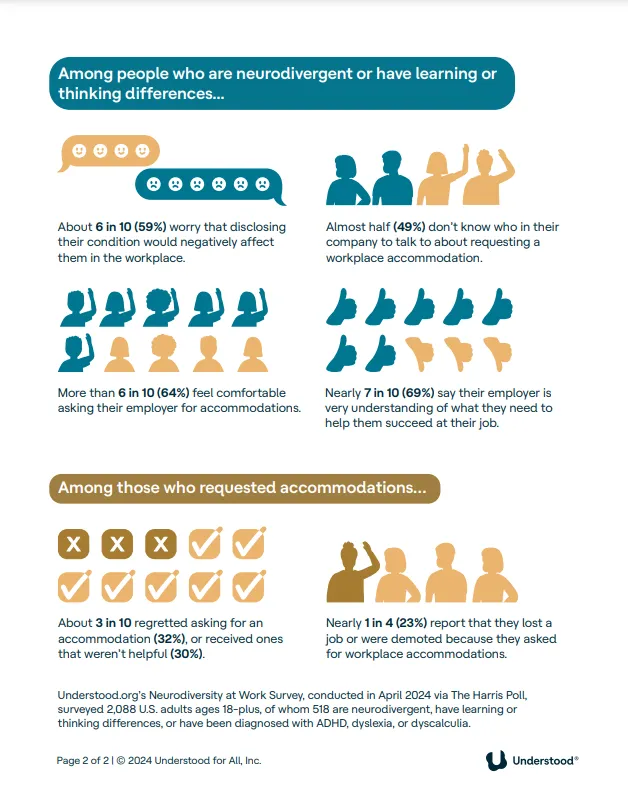
CIPD Neuroinclusion at work report 2024
The reality of neurodiversity means that every interaction at work takes place between people with different brains – yet, typically, very few organisations are thinking about neurodiversity or neuroinclusion. This represents a significant missed opportunity for organisations looking to address their key talent priorities at the same time as addressing inequalities at work faced by neurodivergent people
Meet Your Hosts and Expert
Speakers

Lucy Smith
Lucy is the founder of Inclusive Change and Inclusive Change at Work CIC. She has lived experience of neurodiversity and has been working in the area of neurodiversity for 6 years. Lucy combines a career in change management in internationally renowned organisations with experience in education to create thoughtful and inspiring training and consultancy services.
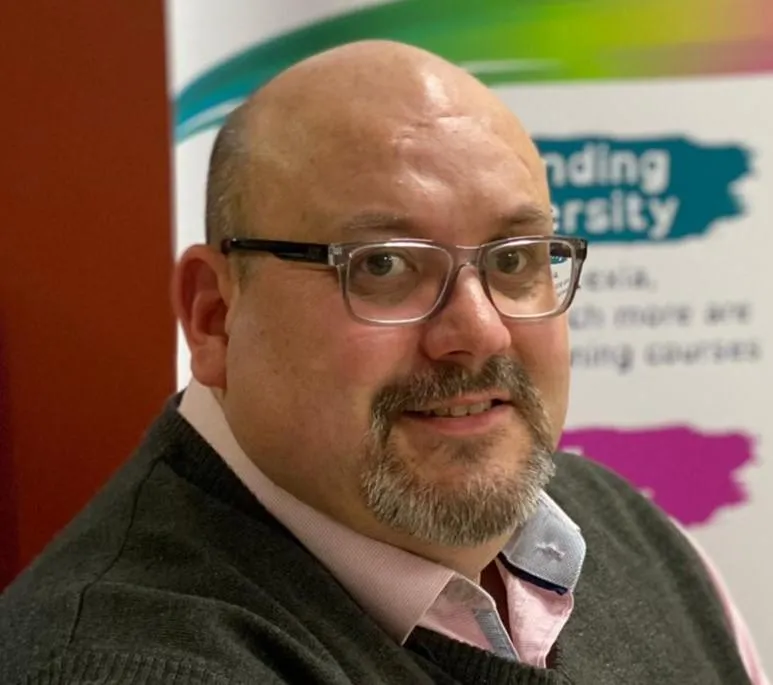
Daniel Biddle
Daniel is a highly experienced accessibility consultant with extensive experience of disability. Daniel has particular expertise in acquired disability, including acquired neurodiversity. He established the National Disability Employment & Advisory Service in 2022 and focuses on supporting neurodivergent young people & adults into employment.
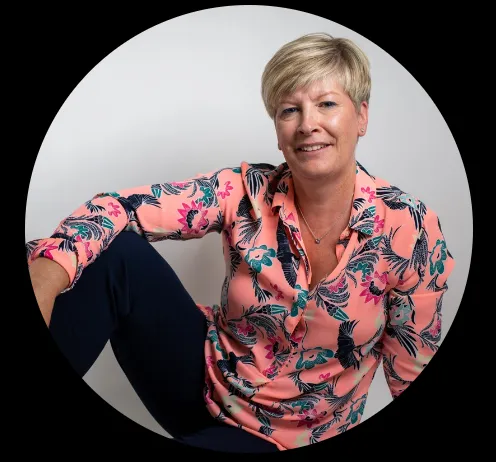
Kirsty Brown
Kirsty is a proactive, self-motivated individual with managerial experience in motivating teams and providing exemplary service. As a personal trainer and women's health coach, I use an empathetic approach to set and monitor achievable goals, adapting strategies to support clients through life's challenges. My expertise in menopause coaching includes workshops that empower women to confidently make lifestyle changes and navigate difficult times.

Vicky Henderson
Vicky is a multi-award-winning coach, mentor, speaker and trainer. She specialises in working with young people (11-24yrs) helping them grow in confidence, feel happy and generate hope and excitement for a better future.
In addition to working with young people, Vicky also works with parents, schools and employers, to ensure that all young people are afforded the support and help they need to thrive.

Andy Jackson
Andy is a Non-Executive Director of Inclusive Change at Work CIC, as well as an entrepreneurial and leadership coach and a dedicated advocate for neurodivergent individuals.
As a parent to a young adult navigating life with undiagnosed neurodivergence, Andy brings both professional expertise and personal insight to their work.
A skilled coach, facilitator, and trainer, Andy is passionate about enhancing organisational performance and supporting teams to thrive.
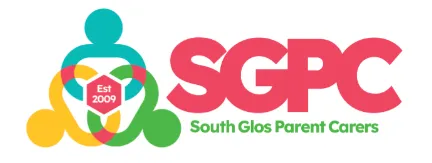
South Glos Parent Carers
South Glos Parent Carers (SGPC), the local parent carer forum that represents & supports parent carers of children and young people with Special Education Needs and Disabilities (SEND) in South Gloucestershire. Driven by a desire to make a difference for every SEND family in South Gloucestershire, SGPC attend meetings across the education, health and social care sectors to ensure service providers understand the challenges families face, so that positive changes can be made. SGPC also offer support to parent carers, via online and drop-in support sessions as well as workshops on a range of SEND topics. The SGPC team are all parent carers themselves, so they truly understand the SEND journey & challenges. From their personal experiences & those of their community, they have gained valuable insight, information and a wealth of SEND knowledge.
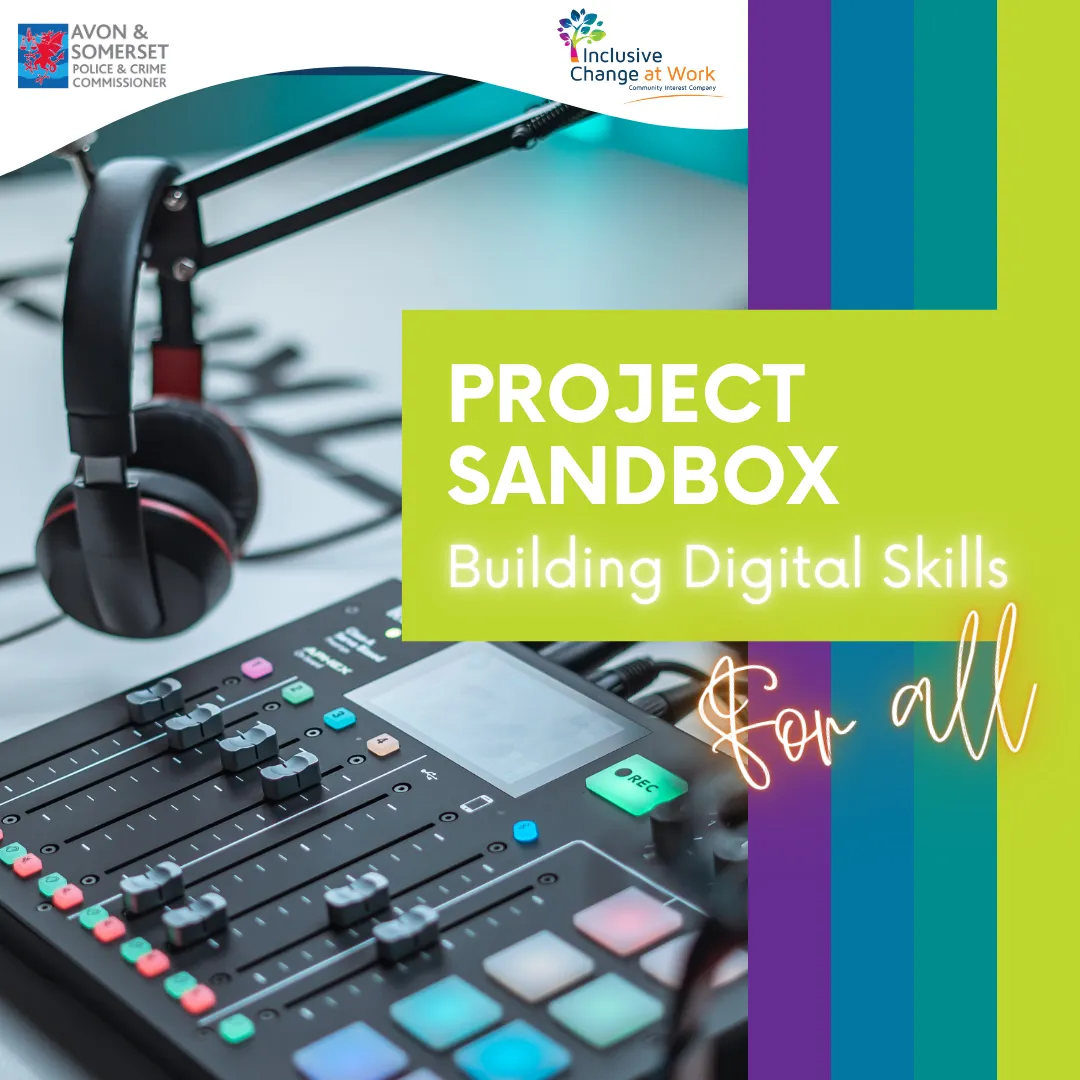
Discover Project Sandbox: Shaping a Safer Digital Future
Inclusive Change at Work CIC proudly presents
Project Sandbox, a ground-breaking initiative designed to champion digital safety and disability inclusion.
In collaboration with the Avon & Somerset Police & Crime Commissioner, we’re creating an engaging series of podcast and radio episodes that dive deep into building safer digital spaces for disabled and neurodivergent individuals.
We invite you to be part of this important conversation and join us in driving meaningful change.
Stay tuned, get involved, and let’s make the digital world a place for everyone.
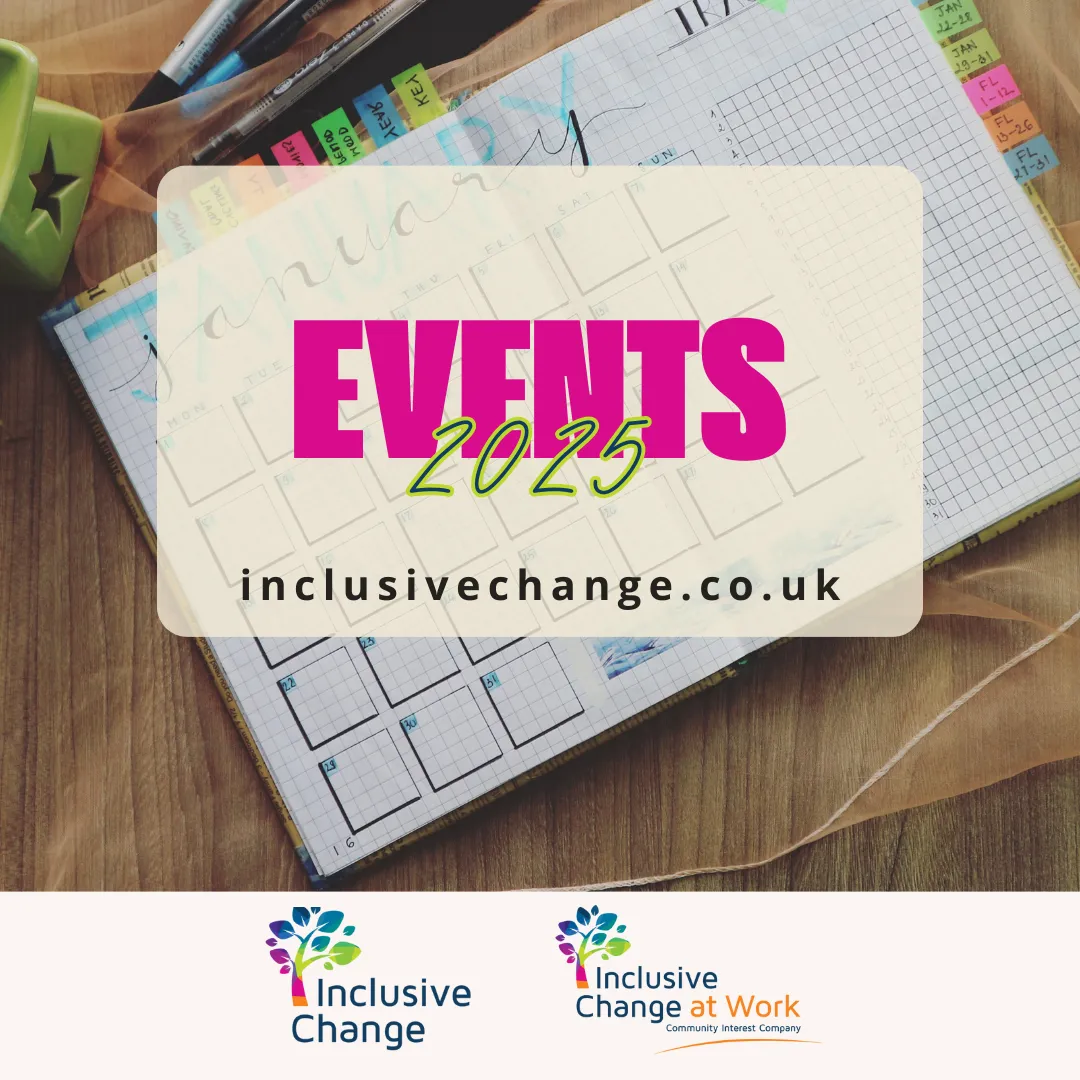
Important Dates in Our Calendar
June 2025
2nd - Understanding & Empowering ND in Sport - Glos. F.A
9th-10th - Festival of Sustainable Business - Bristol Beacon
12th - F'Up Exeter - The Bootlegger, Exeter
July 2025
22nd - F'Up Bristol - The Square Club, Clifton
Free Resources - Guides, Webinars & Courses
Check Out Our Latest Blog Posts

Taskmaster and Being Neurodivergent
Taskmaster and the Neurodivergent Community
Taskmaster has been a special interest of mine for a while now. I had seen clips on YouTube and recall seeing one episode of series 6 while on holiday, but I never really felt the desire to go out of my way to watch it. However, it was during 2020 that my love for the show really took off.
With nothing better to do, for obvious reasons, and Channel 4 recently acquiring the show, Taskmaster became a lot more readily available for me. It certainly didn’t help that the series 10 line-up had been announced, and seeing both Johnny Vegas and Katherine Parkinson sit side-by-side (granted, with a distance between them) immediately drew me further in.
And thus, I was hooked.
This opened up a whole new world for me. Before, I barely knew any celebrities or comedians. Now? I know a lot of names within the British comedy circuit. Not only that, but the New Year’s Treats introduced some famous faces to me that I had never heard of - you know Deborah Meaden from Dragons’ Den? I know her from Taskmaster. We are not the same.
The Emotional Bond
But, where I think Taskmaster has truly captured my heart is in the way you frequently get a sense of connection with the competitors, whether it's just because ‘this person is likeable’ or ‘they seem lovely to be around’. I mean, don’t get me started on Nick Mohammed, the man’s adorable!
It’s normal to gravitate toward someone in these types of shows, like when you pick a favourite team in Hunted, person in The Traitors, or castaway in Survivor (Luke Toki, for the win!). You end up rooting for them, and feel heartbroken when it doesn’t work out. And when you find multiple other people who feel the same way, it gives a sense of belonging and community.
To someone who’s neurodivergent, community is something that many struggle to find in the ‘real world’, making it all the more meaningful when they can share their special interest with someone who cares just as much. And trust me, people care about this show. Don't believe me? Check out Taskmaster.info or any of Jack Bernhaldt's posts on X. The guy loves stats, and so do the rest of us!

Lucy Beaumont - of series 16 fame - puts it best:
“There’s a really amazing neurodivergent community online who feel like it’s theirs, and it’s connected neurodivergent young people from all around the world. It’s been really amazing to see that from the inside.”
I’ve found that being a part of these communities helps me in other parts of my life. It’s given me self-confidence in both getting involved with conversations but also given me the ambition to want to start attending stand-up gigs. My goal is to see as many Taskmaster contestants as I can. The point is, it’s made such an amazing and positive impact on my own personal wellbeing.
Who’s Fern Brady?
With series 14, the line-up reveal got me really excited, in particular for the debut of Fern Brady, Taskmaster’s first openly Autistic contestant. While there have been other neurodivergent contestants before and after, Fern was the first that was really ‘out there’ with her diagnosis.
Watching Fern feel comfortable being weird around others on TV made me wish that she was around when I was younger. Having her as a ‘role model’ would have done wonders for not just me.
In terms of Fern and Taskmaster specifically, it’s amazing to have some representation on one of my favourite shows. It means the world to me, and many Autistic fans I’m sure, that there’s someone ‘like you’ being in such an incredible position.
Fern stated in interviews how great she felt as an Autistic person to be on Taskmaster:

“On the last day of filming the Channel 4 comedy series Taskmaster, Fern Brady tells me, she began to cry. “Because I knew there wasn’t going to be another job like it. I just knew,” the Scottish comedian explains.” - Teddy Jameison
She speaks a lot about her experience on Taskmaster and how she let herself unmask as Autistic and feel real joy in being able to express herself properly.
"Taskmaster is the greatest job I've had in my life." - Fern Brady, as said here
Taskmaster Celebrates Neurodiversity
I personally believe that Taskmaster is a show that truly, unequivocally celebrates neurodiversity. It rewards all different types of approaches to tasks, and even if you don’t get high points, you’re still awarded a round of applause for out-of-the-box thinking.
Those who are neurodivergent typically approach situations in a way that wouldn’t make sense to neurotypical thinkers, which can sometimes lead to results where they’re mocked or labelled ‘weird’.
Yet on Taskmaster, you’re actively encouraged to try something different and be weird! If anything, the weirder you are, the better. Chaos is celebrated! There’s no real consequences to doing poorly or well (unless you bring in your wedding ring, Romesh).
Neurodivergent people often get caught up in doing the ‘right thing’ or following the rules, and can shut down when expectations aren’t met, but Taskmaster tells you exactly what you need to do to complete the task and any way you choose to interpret those rules is seen as valid. Then if they break the rules or perform terribly, they have a laugh and move on. They’re there to entertain people, not to do well - unless you’re Ed Gamble and you want so desperately to do both.
Taskmaster is also said to be really accommodating and a welcoming environment. Fern shared that it’s the most comfortable she’s ever felt doing a panel show, and everyone takes extra care in making sure that you are happy being there.
For example:
Mae Martin’s pronouns being respected without fail, and reportedly the one time they messed up, they re-shot the scene to correct it.
Iain Stirling being genuinely upset and not wanting to talk about his performance, which Greg responded with a “that's absolutely fine” before moving on.

Contestants are pushed out of their boundaries and encouraged to do silly things, but they’re never made to do anything they really don’t want to and no one is treated negatively for it. When you’re neurodivergent, you kind of get used to letting your boundaries be broken or pushed by societal norms - like shaking hands or being unable to leave after feeling overwhelmed. It’s so exhausting, physically and mentally. An environment like Taskmaster, where you’re respected and can be your unapologetic self, is nothing short of heaven, and it’s no wonder why both neurodivergent fans and contestants alike flock to the show.
Where Does Inclusive Change Come Into Things?
Imagine if all workplaces embraced the same principles that Taskmaster did. Picture a work environment where diversity is celebrated, support is abundant, reasonable adjust and creative problem-solving is the norm. This isn’t just wishful thinking; it’s a vision we can all achieve.
At Inclusive Change, we strive to make this a reality. Our mission is to build the future of work with neurodiversity in mind. If you want to find out what sorts of services we can provide to help reach this goal, visit our site here: ND for organisations.
Inclusive Change At Work CiC
Bradbury House
Wheatfield Road
Bradley Stoke
Bristol
BS32 9DB
Companies House: 13271923
ICO registration: ZZB293922
UK register of Learning providers
UKRLP: 10090653
